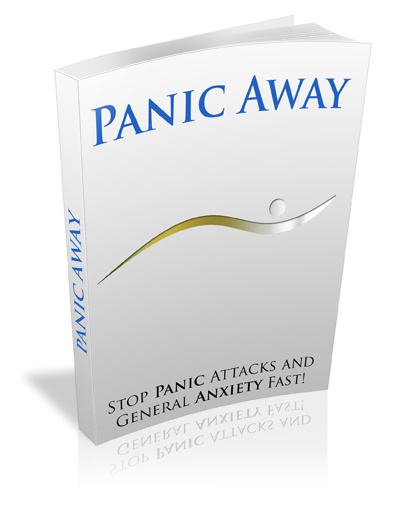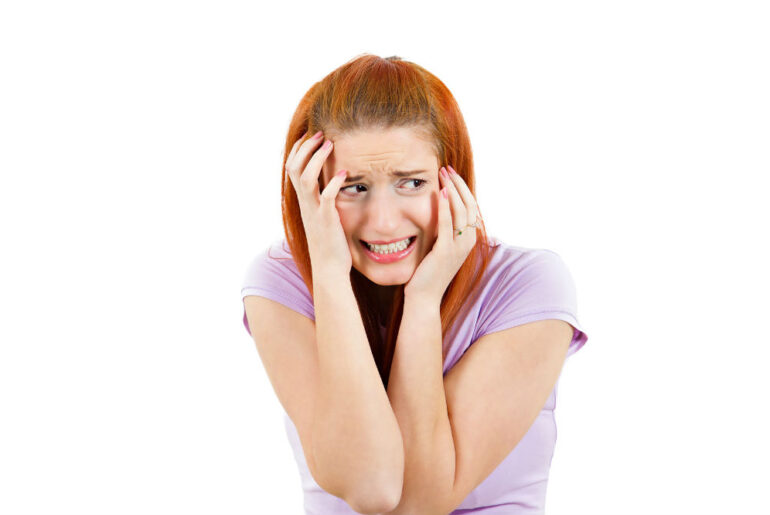Panic attacks can overwhelm a person, making them feel as though they have no control over their thoughts or physiological responses. The heart will begin to race, and the sudden rush of anxious feelings that accompany a panic attack can make a person feel as though they’re drowning.
Panic attacks are common, and millions of people suffer from them every day. If you’re one of them, there are many natural remedies that can help you combat the problem.
Our Top Pick For Beating Panic Attacks

Stopping, and preventing, panic attacks is now even easier.
Roughly 6 million people in the world suffer from panic attacks, and about half of these people tend to experience these attacks at nighttime. Panic attacks come in intervals.
For some people, it happens when they’re in public places, and for others it happens at certain parts of the day. Every person is different, and the causes of panic attacks can vary between individuals. Let’s take a look at some of the common causes for experiencing panic attacks at night.
Reason #1: Fear of Losing Control
According to psychological studies, one major cause of nocturnal panic attacks is a fear of losing control by the individual who experiences the attack. This fear is often deeply ingrained within the individual, and a person can even think about it without realizing it.
While this feeling can arise anytime of the day, it typically surfaces at night when trying to go to sleep. A person can experience a panic attack without even realizing that a fear of losing control is the cause, or that it’s something that worries them.
Reason #2: Night Trauma
While it may seem ridiculous, it is possible for victims of panic attacks to feel symptoms at night because going to sleep is actually a traumatic experience for them.
For these people, falling asleep can makes them feel as though they’re losing control over their bodies. This can lead someone to stay awake to avoid this feeling, but they will often focus on the negative situation and cause themselves to have a panic attack.
Reason #3: Sleep Apnea
Sleep apnea is another reason for nighttime panic attacks. A symptom of sleep apnea is shortness of breath and feeling as though you can’t breathe properly while sleeping or falling asleep. This interruption in breathing and sleep are not good for the body and can cause both anxiety and panic attacks.
When a person experiences both sleep apnea and panic attacks at the same time, they might feel as though they’re suffocating. It increases the heart rate and can cause many other physiological symptoms that can be very frightening for the person experiencing them.
Powerful Tips to Stop Panic Attacks at Night
Panic attacks can be treated using medications, but there are also natural remedies that have been proven effective as well. There are actually technologies available today that can help with this issue.
Certain types of audio and video have been proven effective at calming the nerves and stopping panic attacks as they happen. One program, known as Panic Away, is a fool-proof method for rapidly treating anxiety. The auditory and visual exercises offered through this program can be used to alleviate the stress that feeds into panic attacks, no matter when they occur.



